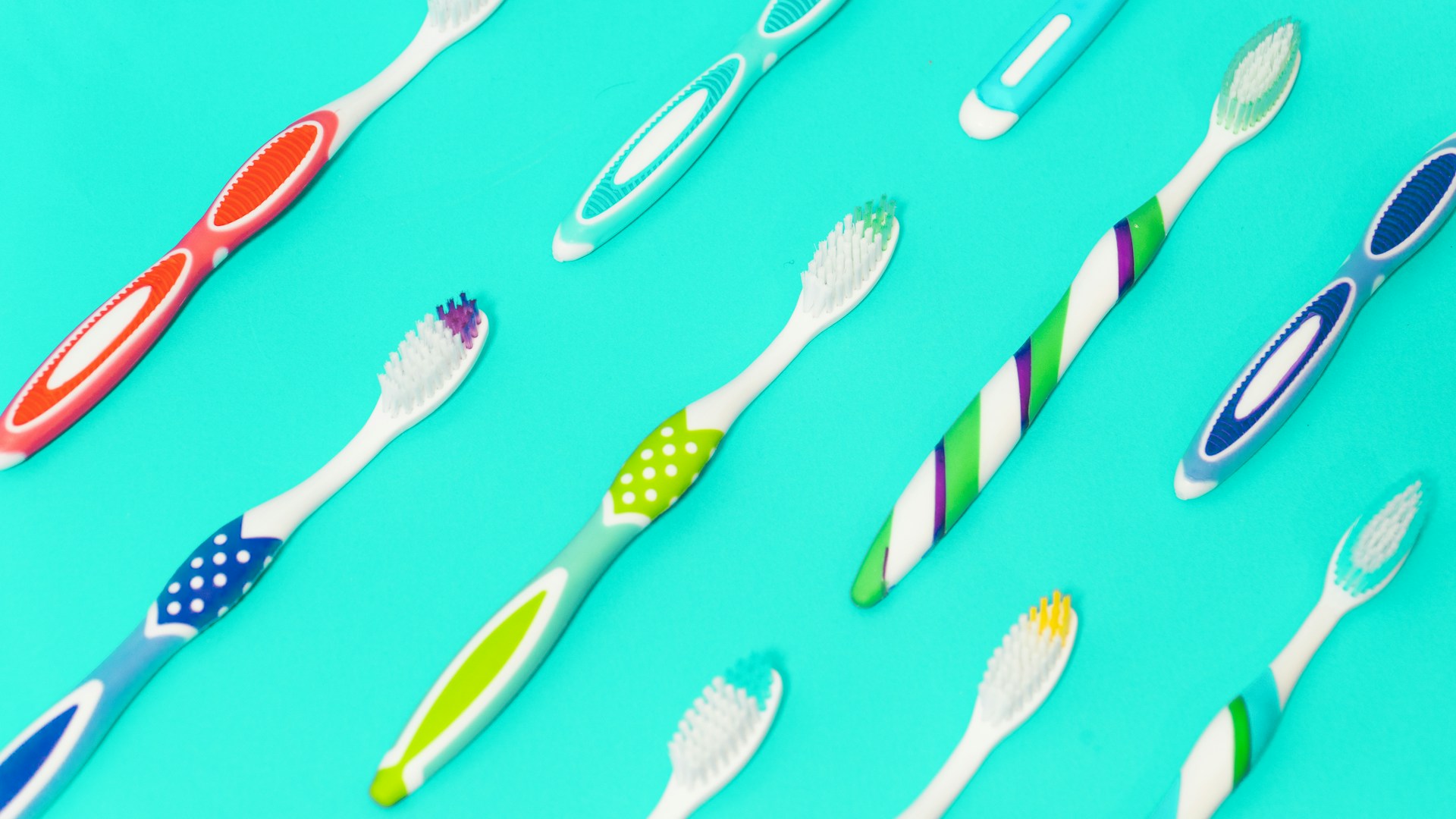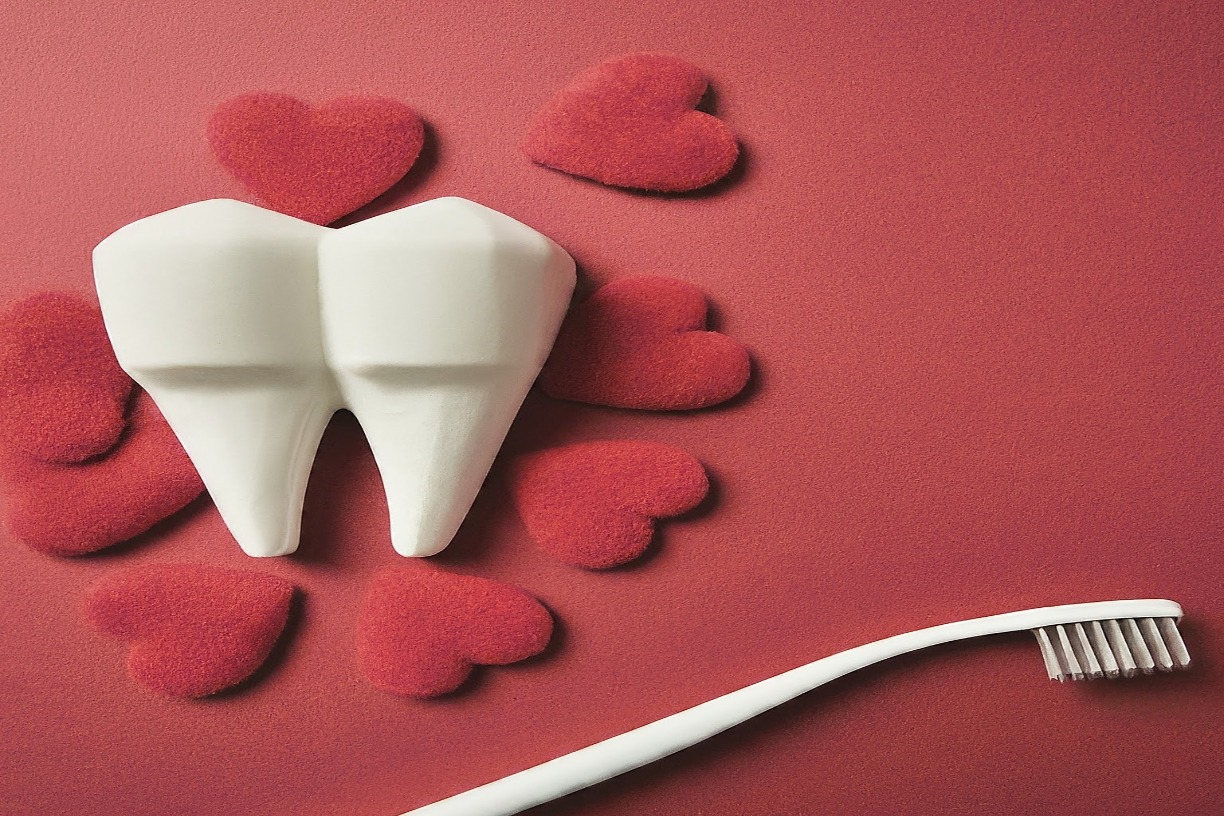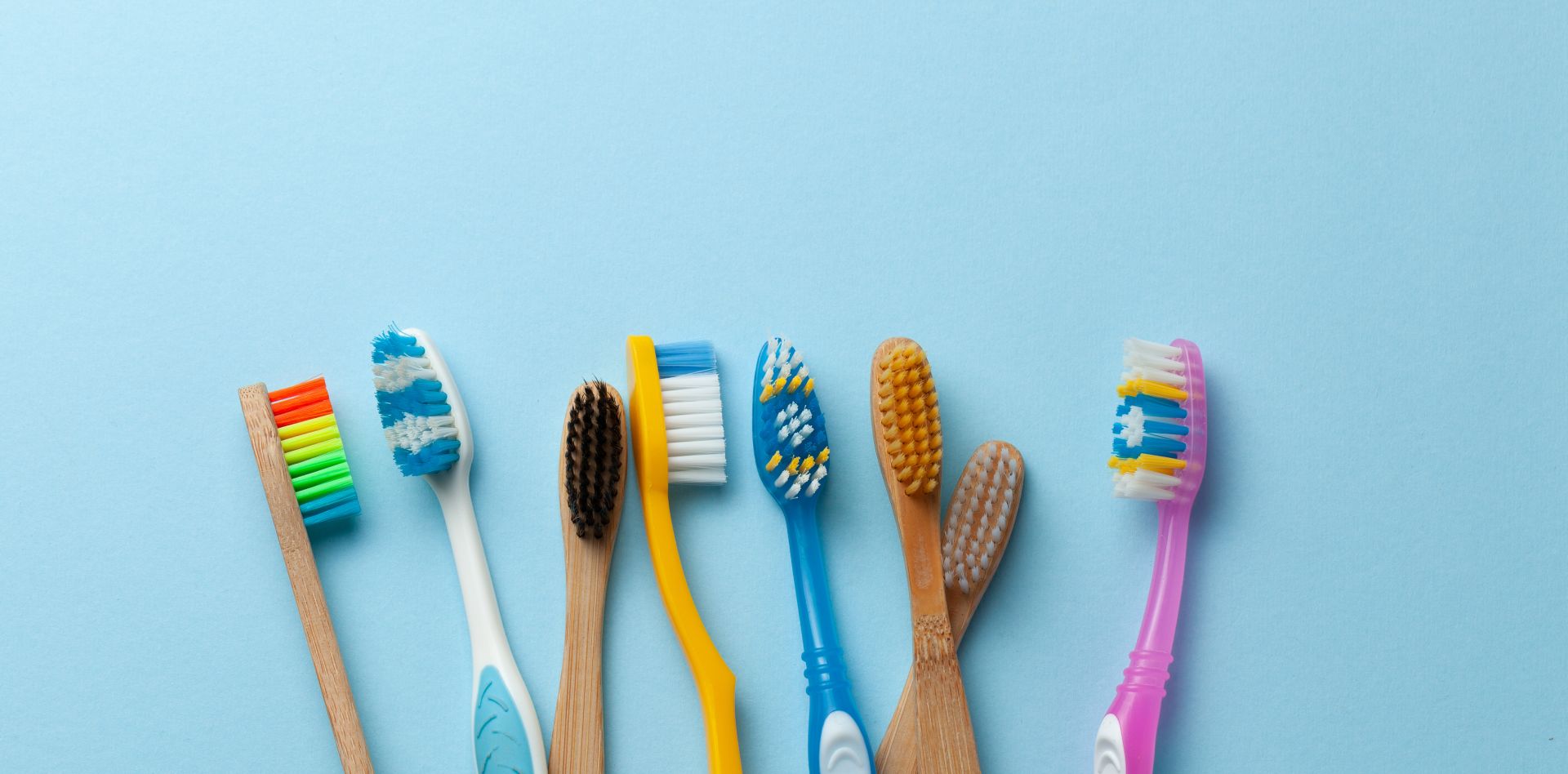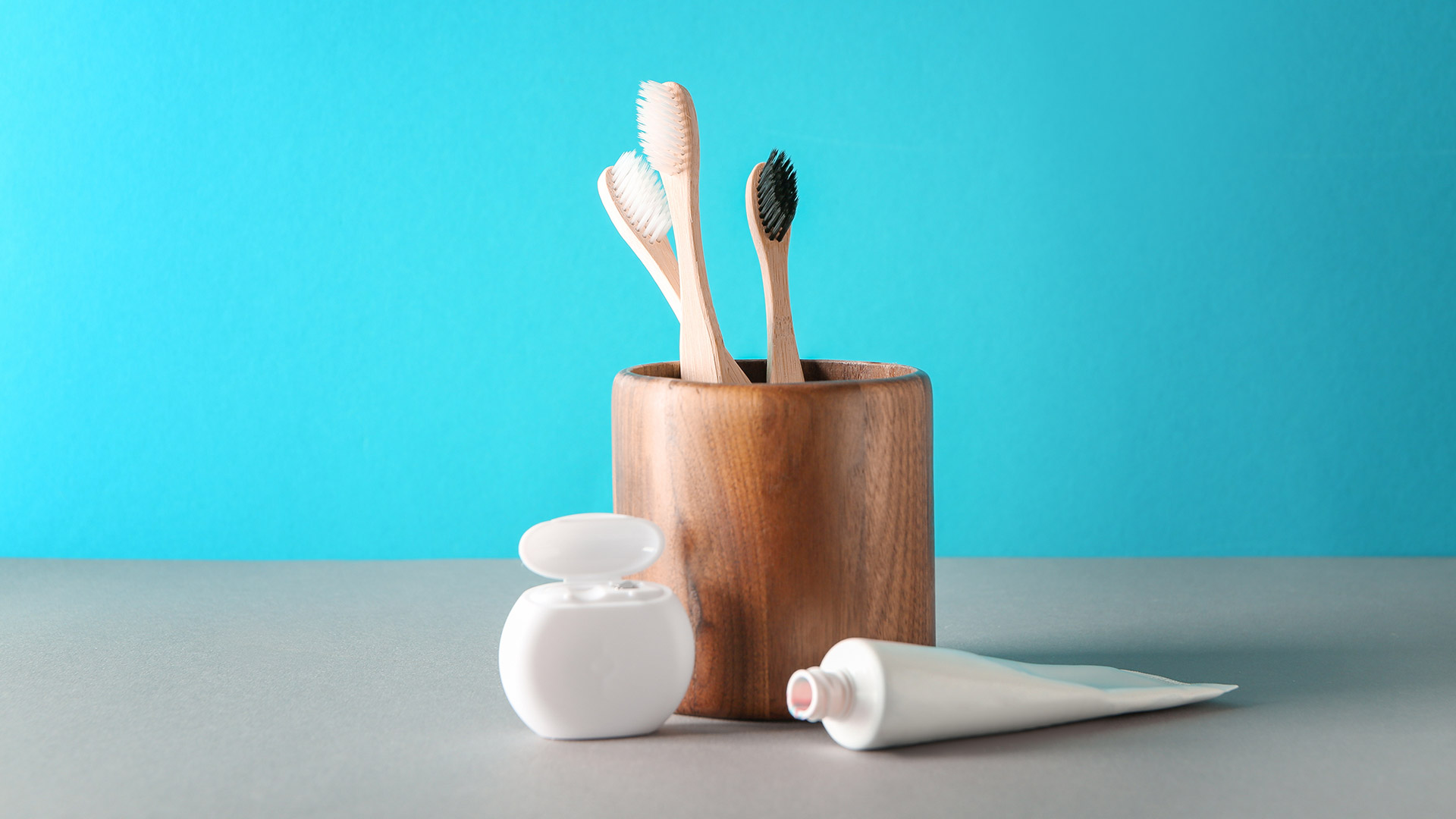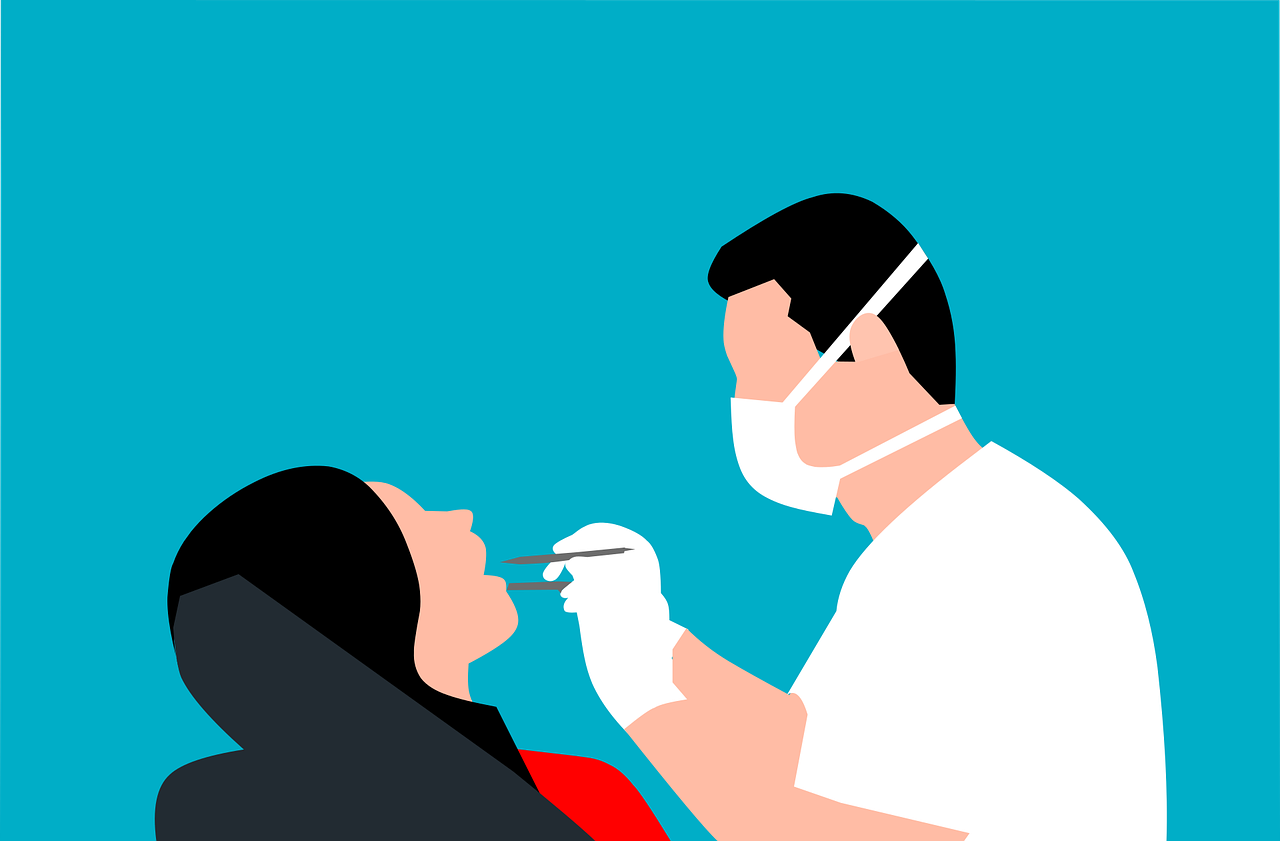Oral Hygiene
Oral Health Care for Seniors: Maintaining Pearly Whites in the Golden Years
As we age, oral health becomes increasingly important for maintaining overall wellbeing. Seniors often face unique challenges when it comes to dental care, from natural aging processes to specific health conditions. Our bodies change with time, and our mouths are no exception. Dry mouth, caused by medications or age-related factors, can make teeth more susceptible to decay. Gum disease, characterized by inflammation and bleeding, becomes more prevalent. Changes in dexterity might affect brushing and flossing. But remember, these are common challenges, not insurmountable obstacles. By following some simple guidelines, seniors can enjoy a healthy and vibrant smile that contributes to their overall quality of life.
Understanding the Unique Needs of Seniors
To provide effective oral health care for seniors, it’s crucial to understand the unique challenges they may face. Aging can bring changes to oral tissues, such as reduced saliva production, which increases the risk of tooth decay. Additionally, medications commonly prescribed to seniors may have oral health implications. Dentists specializing in senior care are well-versed in addressing these issues. When selecting a dentist, whether you’re the patient or the person caring for the patient, choosing a practice with demonstrated expertise in treating seniors and homebound individuals is imperative.
Oral Health Risks Increase as We Age
By 2060, according to the U.S. Census, the number of adults aged 65 years or older is expected to reach 98 million, 24% of the overall population. Being disabled, homebound, or living in a care facility can also increase the risk of poor oral health. Adults 50 years and older who smoke are also less likely to get dental care than people who do not smoke. According to the Centers for Disease Control and Prevention (CDC), oral health problems in older adults include the following.
- Untreated Tooth Decay: Nearly all adults (96%) aged 65 years or older have had a cavity; 1 in 5 have untreated tooth decay.
- Gum Disease: A high percentage of older adults have gum disease. About 2 in 3 (68%) adults aged 65 years or older have gum disease.
- Tooth Loss: Nearly 1 in 5 of adults aged 65 or older have lost all of their teeth. Complete tooth loss is twice as prevalent among adults aged 75 and older (26%) compared with adults aged 65-74 (13%). Having missing teeth or wearing dentures can affect nutrition, because people without teeth or with dentures often prefer soft, easily chewed foods instead of foods such as fresh fruits and vegetables.
- Oral Cancer: Cancers of the mouth (oral and pharyngeal cancers) are primarily diagnosed in older adults; median age at diagnosis is 62 years.
- Chronic Disease: People with chronic diseases such as arthritis, diabetes, heart diseases, and chronic obstructive pulmonary disease (COPD) may be more likely to develop gum (periodontal) disease, but they are less likely to get dental care than adults without these chronic conditions. Also, most older Americans take both prescription and over-the-counter drugs; many of these medications can cause dry mouth. Reduced saliva flow increases the risk of cavities.
Daily Oral Hygiene Routine to Promote Oral Health Care for Seniors
A consistent daily oral hygiene routine is the foundation of good oral health. Seniors or their caregivers can help promote oral health by following some simple steps.
- Brushing: Use a soft-bristled toothbrush and fluoride toothpaste to brush teeth twice a day. Pay extra attention to the gumline and hard-to-reach areas.
- Flossing: Regular flossing helps remove plaque and food particles between teeth. For those with dexterity issues, floss picks or interdental brushes can be more manageable.
- Mouthwash: Rinse with an antimicrobial or fluoride mouthwash to reduce bacteria and strengthen teeth. Ensure the mouthwash is alcohol-free to avoid dry mouth issues.
- Gum Disease: If you notice bleeding gums, bad breath, or loose teeth, seek immediate dental care. Early diagnosis and treatment can prevent serious complications.
- Dentures or Implants: If you have dentures, clean them regularly and soak them overnight. Implants require specific care, so follow your dentist’s instructions diligently.
Addressing Dry Mouth
Many seniors experience dry mouth, a condition that can lead to increased cavities and discomfort. Combat dry mouth with these tips.
- Stay Hydrated: Drink plenty of water throughout the day to maintain saliva flow.
- Sugar-Free Gum or Candy: Chewing sugar-free gum or sucking on sugar-free candy stimulates saliva production.
- Humidifier Use: In dry environments, using a humidifier can alleviate dry mouth symptoms.
- Medication Side Effects: Some medications can affect oral health. Inform your dentist about all medications you take, and discuss any potential side effects.
Denture Care
For seniors with dentures, proper care is essential for oral health. Following these denture care routines can help.
- Daily Cleaning: Clean dentures daily with a denture brush and mild soap or denture cleaner.
- Oral Tissue Check: Regularly inspect oral tissues for any signs of irritation or infection.
- Regular Dental Check-ups: Even with dentures, regular dental check-ups are crucial for overall oral health.
Healthy Diet for a Healthy Smile
Nutrition is just as important to oral health as overall physical health.
- Eat a Balanced Diet: Focus on fruits, vegetables, whole grains, and lean protein. These foods provide essential nutrients for strong teeth and gums.
- Limit Sugary Foods and Drinks: Sugar feeds the bacteria that cause cavities. Opt for water, unsweetened tea, or coffee instead of sugary beverages.
- Be Mindful of Acidic Foods: Acidic foods can erode tooth enamel. Enjoy them in moderation and rinse your mouth with water afterward.
- Calcium and Vitamin D: These nutrients are crucial for bone health, including teeth. Incorporate calcium-rich foods like dairy products, leafy greens, and tofu into your diet. Consider taking Vitamin D supplements if you have concerns about deficiency.
Regular Dental Check-ups: Essential to Oral Health Care for Seniors
Routine dental visits are vital for seniors to identify and address potential issues early on. Dental professionals specializing in senior care can assist in many ways.
- Perform Comprehensive Examinations: Check for signs of oral diseases, including gum disease, cavities, and oral cancer.
- Update Medication List: Keep your dentist informed about any changes in medications, as they can impact oral health.
- Discuss Concerns and Questions: Use dental appointments to discuss any concerns or ask questions about oral care.
Additional Tips
- Quit Smoking: Smoking is a major culprit for gum disease and oral cancer. Quitting not only benefits your oral health but also improves your overall well-being.
- Manage Stress: Stress can negatively impact your immune system and oral health. Practice relaxation techniques like yoga or meditation to manage stress and boost your overall health.
- Be Sun Savvy: Excessive sun exposure can increase your risk of lip cancer. Protect your lips with a broad-spectrum sunscreen with SPF 30 or higher every day, even on cloudy days.
Choose a Dentist that Specializes in Oral Health Care for Seniors
Maintaining optimal oral health is a key aspect of overall wellbeing for seniors. By understanding the unique needs of seniors, and following a comprehensive oral hygiene routine, they can enjoy a healthy and beautiful smile well into their golden years. Regular dental check-ups and open communication with dental professionals specializing in senior care play a crucial role in achieving and maintaining oral health.
At Blende Dental Group, Caring for Seniors Is Our Specialty
We partner with families, care facilities, and health care providers – including dentists, physicians, care managers, and social workers – to develop a targeted daily dental care plan that complements successful treatment. When seniors experience discomfort, we’re dedicated to making treatment as comfortable as possible. Initial visits include exams, digital x-rays, cleanings, and emergency care as needed to rapidly eliminate infection or pain. Our medical and dental teams meet or exceed hospital grade standards for sterilization safety.
And because Blende Dental Group is the home of House Call Dentists, we can deliver care to your doorstep. Our multidisciplinary team of nationally recognized dentists, anesthesiologists, and MDs allows us to offer everything from palliative treatment to full-mouth restoration in the safety and comfort of your home. We bring state- of-the-art mobile dental technologies to people who are homebound or have difficulty traveling to a dentist. We provide preventative, restorative, and emergency care 24/7/365.
If you’re an existing patient, schedule a visit today. If you or a loved one is in need of a new dental group that specializes in oral health care for seniors, schedule a consultation to see how we can help.
Photo by amirhosein esmaeili on Unsplash
Let's brighten
that smile
The when and where are up to you.
